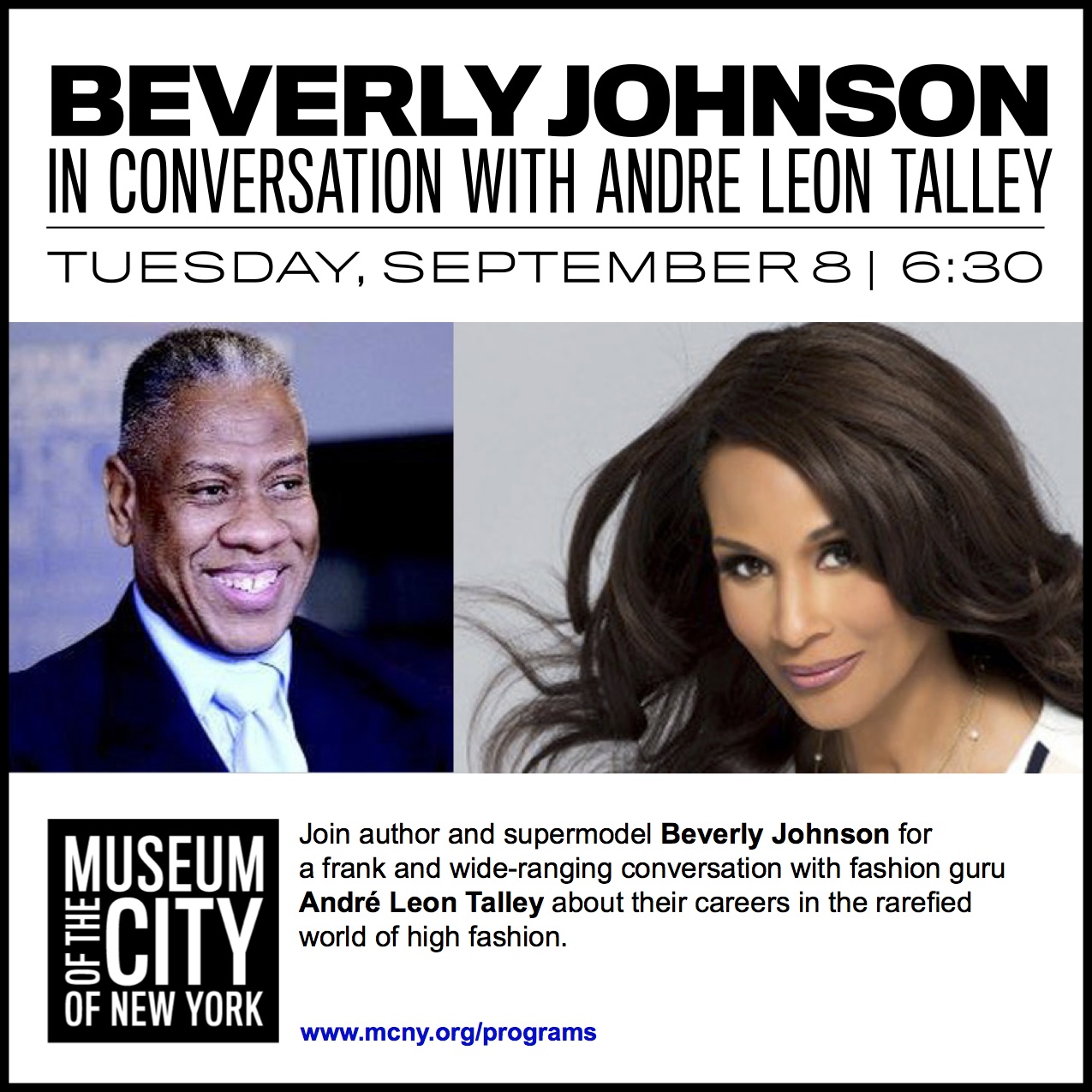Diversity remains a key issue within the world of modeling, and though many models have spoken out on the subject, few have incited as much debate as Nykhor Paul. After an incident at a show, Paul took to Instagram to express her frustration with makeup artists who did not understand how to do makeup for women of color. Her sincere post touched a nerve with her online audience and sparked a renewed conversation about race in fashion. Style.com caught up with the Sudanese beauty to talk social media, self-love, and how the industry can truly represent women of all cultures.
What prompted you to write that Instagram post about discrimination in fashion?
I’ve been in this industry for a long time, so it wasn’t one thing that set it off. It’s been a constant battle. It’s not just the makeup; it’s not just black models not getting booked. Dealing with all the makeup issues, skin issues, hair issues, it makes you feel inadequate, especially when you’ve come to work geared up and ready to do your job as a mannequin. This is not just something I’m going through—a lot of girls are going through this.
Did you anticipate that it would become such a hotly debated post?
I certainly didn’t think it would get so much attention. [After posting the Instagram], I woke up the next day and saw the comments—some of them made me so sad. I just started crying, because that people reacted this way speaks to the fact that there is something larger going on. People have been afraid to speak up.
How have the reactions been from the fashion industry?
Everything has been positive except for a few people online. The complaints I have gotten have been from people who feel I was attacking their race, but anyone who reads my comments carefully knows that wasn’t my intention. I have talked to models who are in their 60s and I’ve talked to models who are 15, and they’ve all experienced the same thing. This has been a roller coaster—one minute we’re talking about the lack of diversity in this industry, and then they book a few girls and the conversation goes away until the next time.
Do you feel social media provides models with more advantages for political expression?
I love social media. I always say people don’t have room to be racist anymore; it will be picked up by some social media, someone will tape it and expose them. For models, social media is a platform where you can be an activist. It is a powerful tool to get your message across. If you use it the right way and have a passion or a cause that you’re connected to, that’s a great start.
Do you feel there is a solution to modeling’s issues with race?
I don’t know what the solution is, but I do feel people need to expand their idea of what black models can do. Black beauty can be Chanel, black beauty can be Dior, it can be Lancôme and all those things. Clients can have a narrow definition of beauty, but so can agencies. I was turned down like crazy by London agencies because they’re like, “Oh, we already have a dark girl like you.” Then I’d look it up and see that she was nothing like me at all. There is still the idea that if you have two dark girls, they are interchangeable. When you have a board of a hundred girls and only a handful are minorities, there is something wrong.
Are there clients who you feel are leading the way toward inclusive runways?
Vivienne Westwood is one designer who always books black models; I love Vivienne. But normally if I’m doing a show and the collection is 35 girls, there will be me, one Asian girl, and one girl who is Brazilian or mixed. Most of the shows that I do, I’m the only black person. Balenciaga had a very diverse cast this season, and it was great to be a part of that, but it isn’t about one runway or season, it’s really about consistently having a diverse group of models.
What do you feel has been the best thing to come out of your Instagram post?
I think the best thing that has happened is that it creates a healthy dialogue. That is the only thing that I want, a conversation, and not a racist one or an antagonistic one. People are talking about it in Kenya, in Brazil, in South Africa and Spain. There are girls who have written me, telling me that this is an issue they face daily, and if I can provide a voice for those dark-skinned girls and this issue, I’m happy to. Part of the reason I think people were so reluctant to speak up is because you risk being labeled the angry black girl. This has been going on since the days of Bethann Hardison, Iman, Alek Wek, Naomi [Campbell]: The issue isn’t new, but I’m hoping to see more change now. We’re in a time when people are more conscious and more aware of the realities.



















